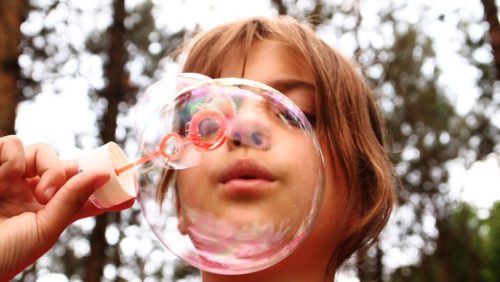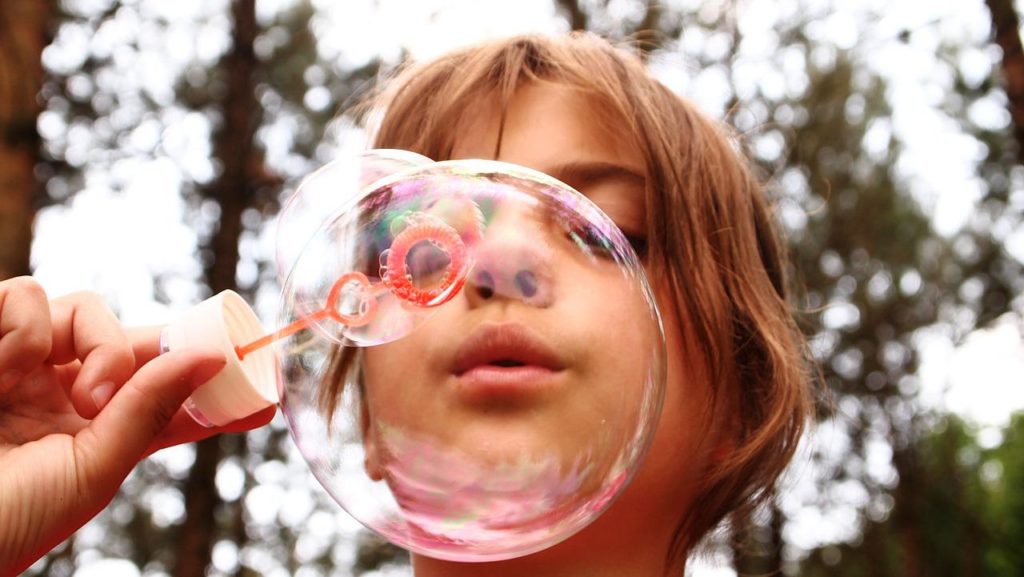The Myth of Mistake-less Learning

Couples trying to learn how to communicate with one another sometimes struggle with shame about learning itself. The “right way” to engage in the process of learning is often a Gordian knot. Many women, and especially men, have been socially conditioned throughout their lives to believe messages like this: “You must learn to do things correctly, and mistakes should not be a part of your learning process.”
But mistake-less learning is a contradiction in terms, a set up for failure. As anyone who’s ever learned anything at all knows, it’s not possible to learn without making all kinds of mistakes. Often, the more comfortable we get with inevitable errors as we learn, the fewer errors we make, and the more effectively and rapidly we assimilate new information.
In fact, learning could be defined as a series of adjustments (i.e. “mistakes”) that get translated into useful feedback and alchemized into progress through our persistence. The valuable feedback we gain from mistakes allows us to adapt future actions. Ultimately, it can help us achieve success.
Mistakes ARE The Learning Process

Know where you’re going before you’ve gone there. Be certain when you don’t know. Succeed at small and big tasks, always. Suffer your errors secretly and silently. Present an all-knowing facade. To “not know” is weakness, and weakness is dangerous. Sound familiar?
These messages create confusion in relationships. They lead to misunderstanding and disconnection. Same or other-gendered partners misinterpret their mates’ dread of incompetence, unworthiness, or ignorance as a personal rejection, and then react from that painful perception in ways that further shame or blame their partners.
In many ways, mistakes aren’t just part of the learning process: they are the learning process.
Mistakes Mean You’re Willing

To be truly intimate, those of us who’ve grown up in a mistakeless-learning culture need support developing the courage to get comfortable making mistakes.
I need to be competent no matter what. I should already know this.
Be on the look-out for your own mistakeless-learning stories.
Mistakes mean you’re willing, open, learning, and growing. Relationally-successful men and women tap into their own willingness to learn. Create a new story. Let yourself gloriously mess up, every now and then, as you strive to communicate better, more vulnerably, more clearly and more authentically. Say goodbye to the pretense of mistakeless learning.







